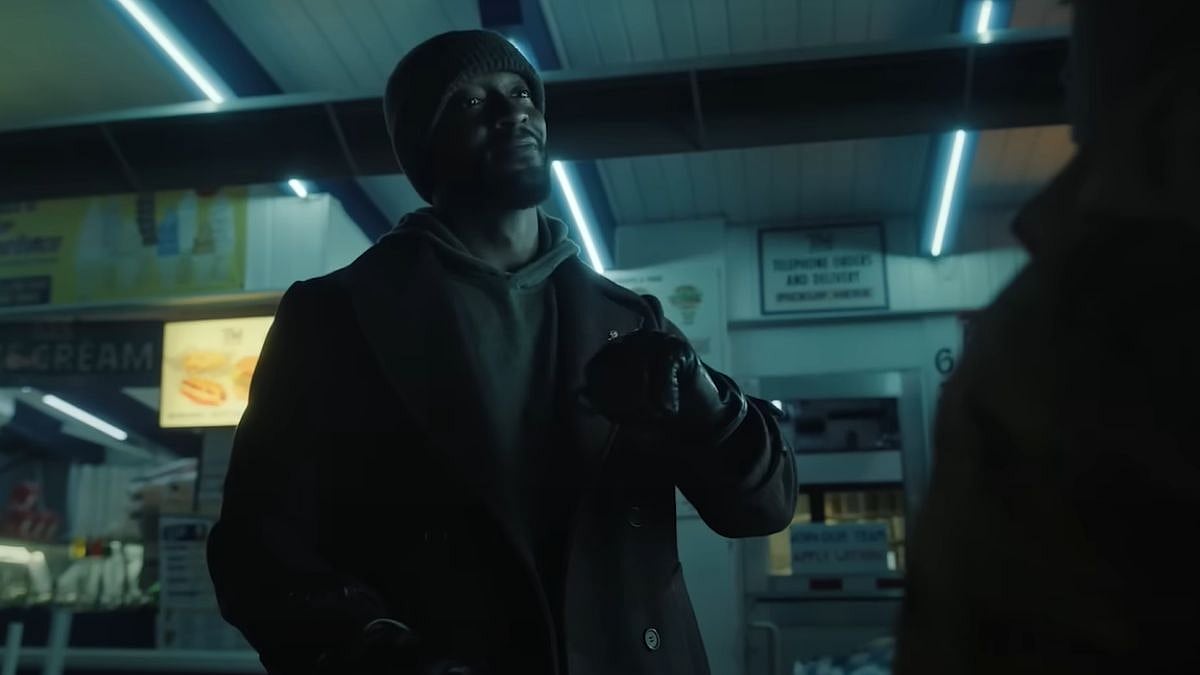Prosenjit Chatterjee is currently basking in the glory of the appreciation his role of producer Srikant Roy has garnered in Jubilee. Helmed by Vikramaditya Motwane, it also stars Sidhant Gupta, Aditi Rao Hydari, Wamiqa Gabbi and Aparshakti Khurana. It began streaming on an OTT platform from April 7. The Free Press Journal caught up with Prosenjit for an exclusive chat. Excerpts:
Producer Srikant Roy belonged to a certain era. What were your challenges in playing him?
This character had a lot of shades. Since I had worked for so many years and like to play challenging roles and not so simple roles, it helped me to play Srikant. Vikramaditya Motwane is one of the finest new age directors we have in the industry, but I never thought that he would come up with such a script like Jubilee and a character like Srikant. I could relate with the character since I have an experience and I read a lot.
Go on…
I am a cinema buff and when I got to know that in the show, the history of films was being told in a very different way, I was sold. Srikant Roy is similar to the role of Godfather which is slightly grey shade. My only challenge was that after my character dies in the show, people should empathise with me too. A lot of people told me that they had tears rolling down their faces.
Since Jubilee is set in the golden era, do you feel that aesthetics played an important role for Srikant?
Not just costumes but also my physicality played an interesting part in playing Srikant. In the show, every department was just perfect. When I played Netaji Subhash Chandra Bose (in the 2019 Bengali film Gumnaami), people came to see me since I don’t look like him at all. So, that becomes a huge challenge and responsibility for actors like us. I thoroughly enjoyed playing Srikant. I don’t see such kind of dialogues especially in the Indian OTT space.
What is that one quality of Srikant Roy that you resonate with in real life?
We both live and die for cinema. I don’t know anything else but to love cinema. I indulge myself with others in discussing cinema for hours.
Being a theatrical superstar, do you feel that OTT is a more liberal medium than films?
It gives enough time for a character to develop a bond with the audience. It is definitely challenging since it takes two to three years of writing the script to begin with. It is like writing five to six films together. But once the final thing comes out, it feels good that people have loved it. I heard that people found it boring until the fourth and fifth episode but later it becomes a classic.
How far do you think filmmaking has changed?
I feel the entire language of the cinema has changed. Even the pattern of storytelling and acting has also evolved. Larger than life cinema will always exist, but people like to see roles and stories close to reality now. I worked in black and white films and now the technology has also changed a lot. In Bengal, I am the first person to endorse the digital camera.










